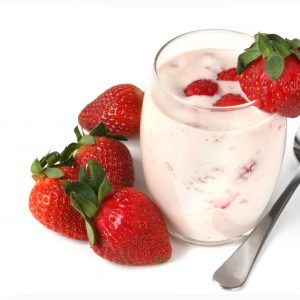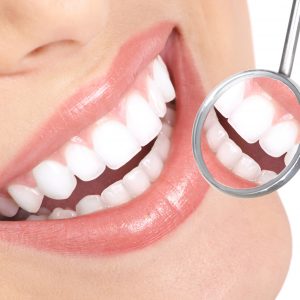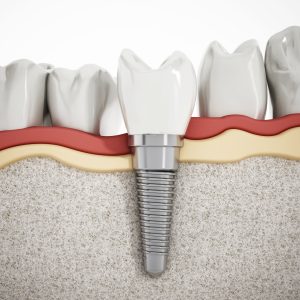Sugar and Children's Oral Health: Top Tips for Patients
 Tooth decay is a preventable condition that mostly affects children. Good oral hygiene is important in keeping the teeth healthy and free from cavities.
Tooth decay is a preventable condition that mostly affects children. Good oral hygiene is important in keeping the teeth healthy and free from cavities.
Key takeaways:
- Children should be supervised to brush teeth with fluoride toothpaste twice every day until seven years of age.
- The frequency and amount of sugary drinks and snacks should be reduced.
- Make regular visits to the dentist so that dental problems are detected early and treated.
Read the full story here
https://www.bda.org/public/sugar-and-children%E2%80%99s-oral-health-top-tips








